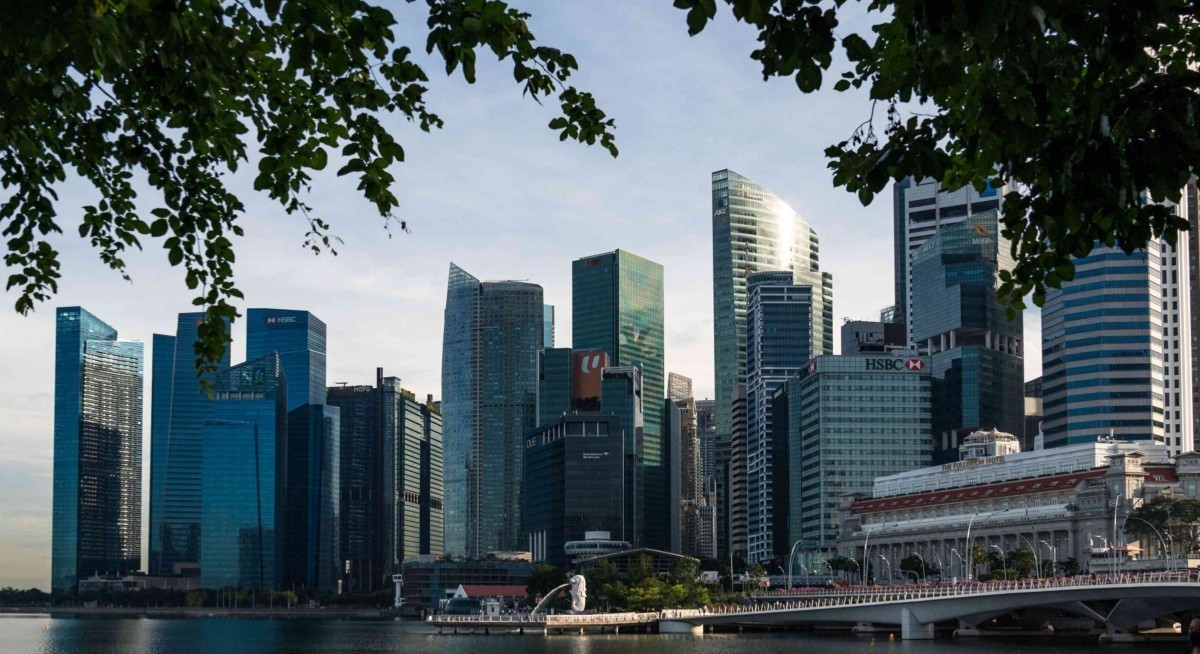The analyst expects earnings across the board to be “flat-to-negative” on a q-o-q basis. This is attributed to faster net interest margin (NIM) contractions offsetting marginal improvements on credit growth and wealth fees.
“Massive domestic liquidity, partly due to safe haven inflows, has driven [the] Sora (Singapore overnight rate average) to fall [by] 50 basis points (bps) in 2Q2025. We expect this to have provided only partial relief in funding costs, as banks weigh off preserving market share,” Wickramasinghe writes.
He adds that liquidity is mostly being deployed in low-risk, low-yield instruments. “[The] Singapore one-year Treasury-bill (T-bill) cut-off yield has declined to 1.68% from 2.95% in January,” he points out. The Hong Kong inter-bank offered rate (HIBOR) has also declined to the lowest since 2022 at 1.32%. These factors should squeeze asset yields sequentially driving NIMs materially lower, Wickramasinghe explains.
On the other hand, loans, which grew by 3.5% y-o-y in May, was better than expected. The analyst attributes this to the front loading demand ahead of the expiry of Trump’s tariff moratorium.
See also: Citi ups target prices on all three banks; prefers Singapore banks over SGX for EQDP play
“This may provide partial offsets for net interest income (NII) downside, but unlikely to arrest sequential decline.
Among the banks, DBS and UOB’s earnings have more potential to “surprise on the upside” from better wealth fees and trading income. That said, Wickramasinghe is expecting management to issue downgrades in its guidance after a more detailed impact analysis after Liberation Day. UOB is also likely to reinstate its guidance that was suspended during the first quarter.
The analyst will also look for “more clarity” on OCBC’s strategy and growth after its unsuccessful Great Eastern privatisation and unexpected leadership change.
See also: RHB's Jaiswal raises target price for SGX to $19 following EDQP boost and capital workgroup
On July 11, OCBC announced that its group CEO Helen Wong will be retiring by the end of this year. Tan Teck Long, who joined OCBC in March 2022 as head of global wholesale banking, will succeed Wong.
The banks’ asset qualities are also expected to remain stable, although the analyst sees credit costs could be elevated from cautionary provisioning.
Wickramasinghe also sees low risks of write backs amid tariff uncertainties, while cost-to-income ratios (CIRs) should remain within guidance on limited hiring and slower growth on tech spending.
The banks’ common equity tier 1 (CET-1) levels are likely to range between 15.5% to 17.4% with guidance on capital returns unchanged.
As at 11.49am, shares in DBS, OCBC and UOB are trading at $48.78, $17.13 and $36.96 respectively.




